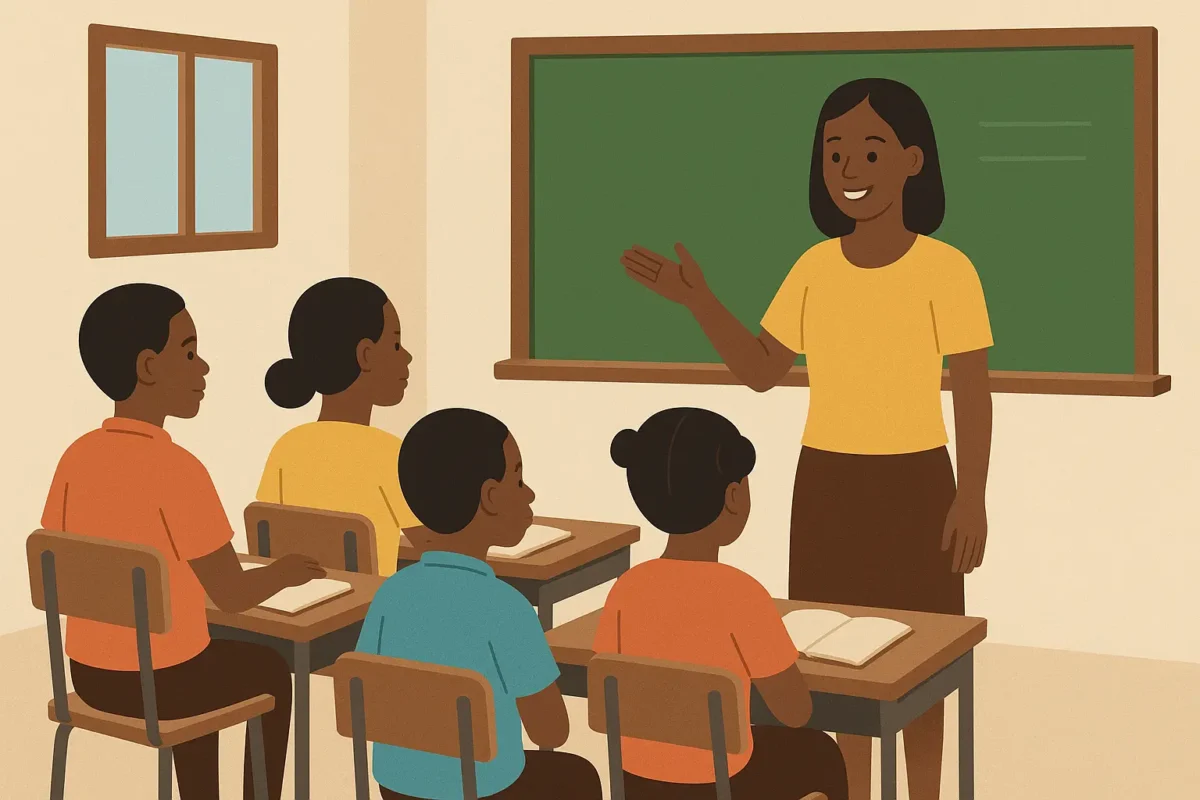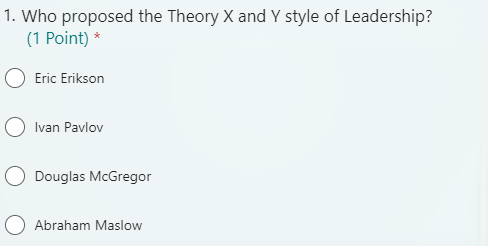What Are Learning Theories?
Learning theories are ideas that help teachers understand how students learn. In this article, we focus on three student-centered theories: Constructivism, Humanism, and Social Learning.
3. Constructivism
What is Constructivism Theory?
This theory states that students build knowledge through hands-on activities and by connecting learning to their own experiences.
Key Theorists: Jean Piaget, Lev Vygotsky, John Dewey.
Example in Ghana: Students use beans to learn math, role-play local stories in history, or discuss farming in science. Teachers guide rather than lecture.
Relevance: Encourages creativity, critical thinking, and group work—very effective in Ghana’s multilingual, multicultural classrooms.
4. Humanism
What is Humanism Theory?
Humanism theory focuses on the whole child—feelings, needs, motivation, and personal growth.
Key Theorists: Abraham Maslow, Carl Rogers.
Example in Ghana: A teacher ensures a safe, caring classroom and supports emotional needs. Students are allowed to share opinions and learn at their own pace.
Relevance: Helps reduce stress, improves student participation, and builds confidence.
5. Social Learning Theory
What is Social Learning Theory?
This theory states that students learn by watching others, such as teachers, parents, or classmates.
Key Theorist: Albert Bandura.
Example in Ghana: A teacher reads aloud; students copy the fluency. Peer learning groups are used often. Class prefects serve as behavior models.
Relevance: Important in Ghana where community and peer interaction are central to children’s upbringing.
These theories support active, emotional, and social learning, making education more relevant and enjoyable for Ghanaian learners.
Keep following GH Educate for more





Thanks very much